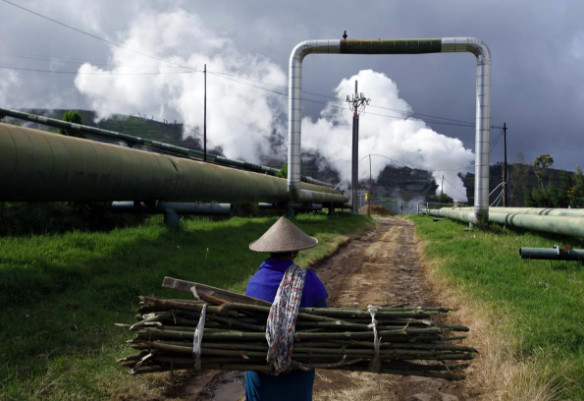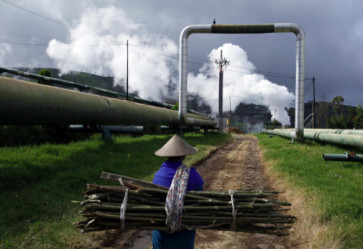Popular Reads
Top Results
Can't find what you're looking for?
View all search resultsPopular Reads
Top Results
Can't find what you're looking for?
View all search resultsGeothermal energy catalyst for Indonesian, New Zealand relationship
Change text size
Gift Premium Articles
to Anyone
I
nvestment in Indonesia’s geothermal energy sector would strengthen the longstanding collaboration between Indonesia and New Zealand, a senior New Zealand diplomat has said.
The two countries have enjoyed a strong partnership in geothermal energy since the 1970s and much of New Zealand’s foreign aid to Indonesia goes toward the geothermal industry, New Zealand Ambassador to Indonesia Jonathan Austin told The Jakarta Post.
However, he said Indonesian coal subsidies made it hard for geothermal energy to compete and for investors to commit to projects, some of which take up to a decade to develop.
“If you’re going to subsidize any form of energy you should be subsidizing renewables and not fossil fuels. That will be critical for unlocking renewable energy here,” Austin said.
“Every megawatt of coal power production that we offset is less carbon going into the atmosphere that we all share and New Zealand believes quite strongly that we can’t continue to burn fossil fuels if we want to continue to live on our planet.
“So sharing our knowledge of renewable energy, particularly in geothermal, is something that we are very happy to do.”
New Zealand helped finance and build Indonesia’s first geothermal energy plant in Kamojang, West Java, in the 1980s and both countries are now at the forefront of global geothermal production. They are two members of the “Gigawatt club,” a group of five countries that produce more than 1,000 megawatts of geothermal energy a year.


















